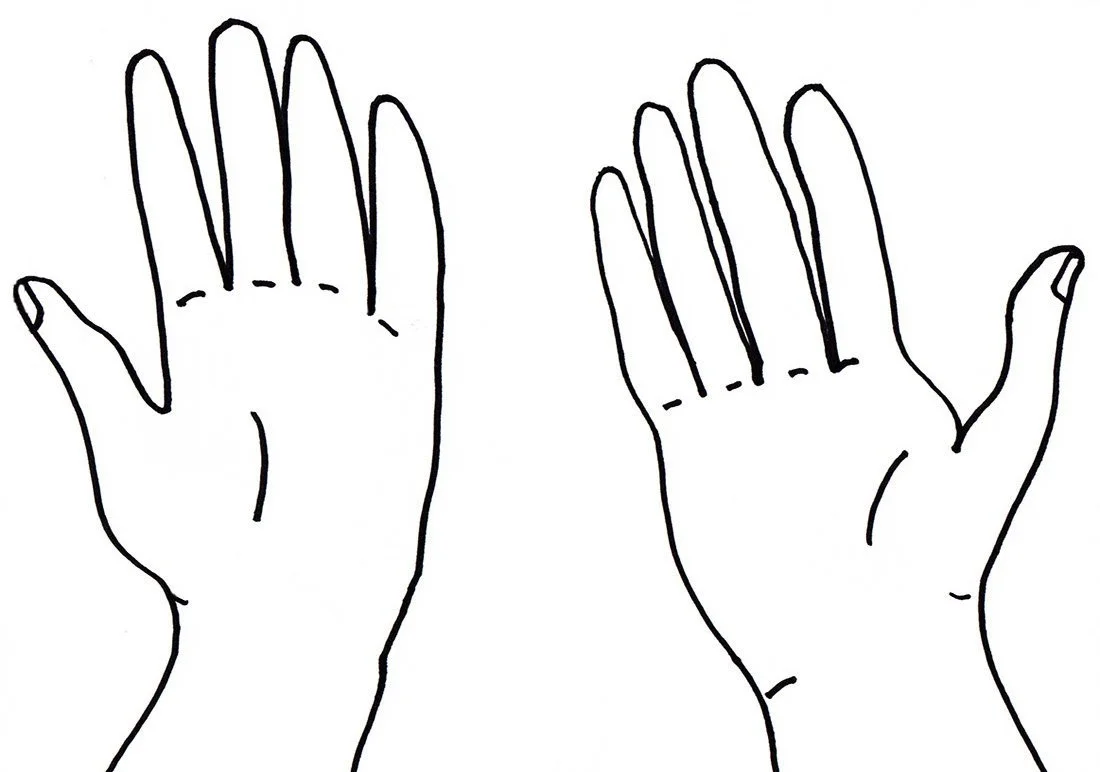About Healthy Human Culture
This is not the truth
“It’s a rare and beautiful thing for so many likeminded strangers to come together virtually and spontaneously establish such a strong and genuine sense of trust and shared mixture of aspirations and concerns.”
Anthea Lawson,
Author of The Entangled Activist
How does it work?
Healthy Human Culture links together insights from the fields of somatics and neuroscience, anti-oppression work, trauma and the unconscious, nature connection, cross-cultural definitions of health, complexity and systems thinking and more.
It identifies key patterns, principles and practices which organise human systems towards more “healthy” ways of living, or not.
These include relationships to the beyond human world, to what is still living in us from the past, and our responsibilities to the future.
What does “healthy” mean, in Healthy Human Culture?
It’s always interesting where we run out of language. A lot of time was given to discussing whether “healthy” is a useful word. It shares roots with healing, wholeness, which felt appropriate. And it’s definitly not perfect.
The centrality of intention in organising human systems and activities has arisen again and again in different fields of work, for example in understanding group facilitation, describing ceremony, or defining organisational direction. Having a sense of what healthy culture is, how we know when we have more of it, or less, is a starting point for navigating towards it.
If we are living in healthy culture we might be feeling
Connected - Valued - Resourced - Empowered - Safe
Peace - Joy - Confident - Trust - Grief - Present - Held - Grounded - ?
What would your words be?
Many different traditions define “health” in terms of two contrasting archetypal qualities. Healthy Human Culture connects these to key systems in the human body which organise not only how we behave, but also what we perceive and how we make sense of it.
Healthy Human Culture is a map to help navigate culture
Is it possible to simplify the vast complexity of being human into two dimensional maps, concepts and understandings? This is an attempt to do so.
A map helps us find the way in a landscape. It shows the characteristics about the landscape which are most helpful to figure out where we are, and choose where we want to go. Many who have encountered this work have described it as a new way of seeing, understanding, and having choice in relationships of all kinds. Both to consciously create more enjoyable and connected relationships, and to navigate and return from places of difficulty.
Who is this for?
Healthy Human Culture is for everyone who wants to deepen their understanding of what organises human behaviour, in order to bring positive change to their personal, professional and community life.
People who have benefitted from the work include organisational experts, business people, coaches, facilitators, systems thinkers, family members, therapists, conflict mediators, change-makers, volunteers, healers and more.


